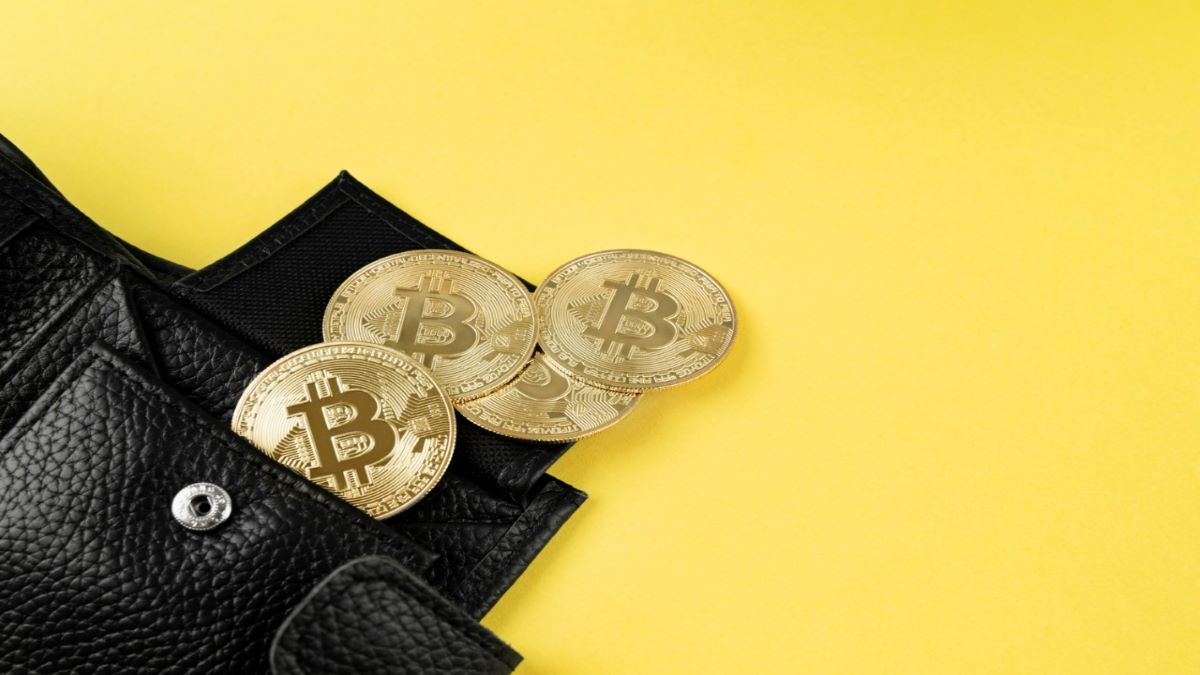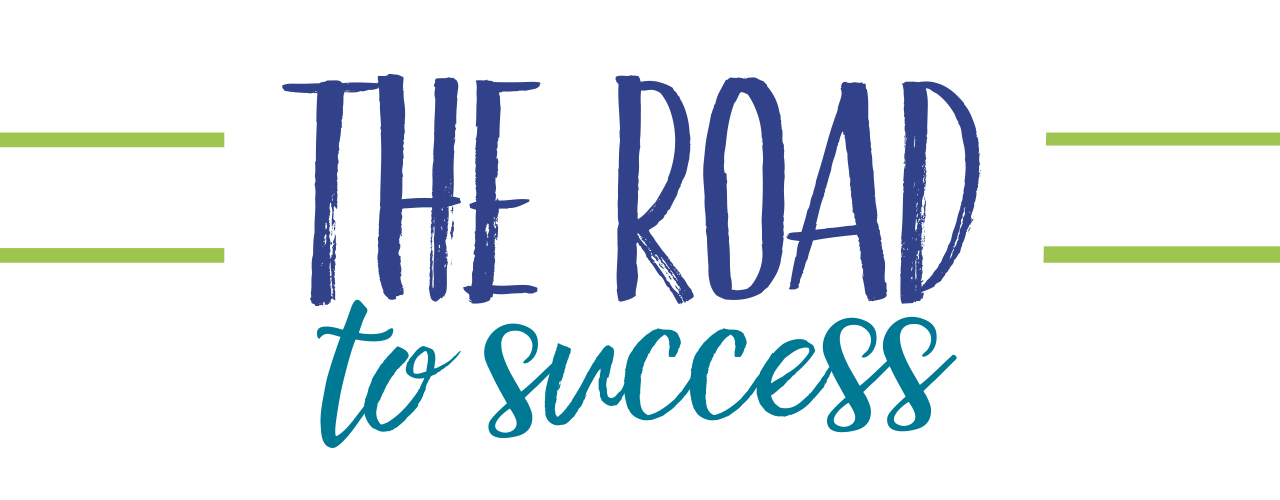Bridging the Gap! How integration of blockchain and tokenisation can help change the global scenario

#Bridging #Gap #integration #blockchain #tokenisation #change #global #scenario [ad_1]
According to MarketsandMarkets, a market research company, the global tokenisation market is expected to grow from $2.3 billion in 2021 to $5.6 billion by 2026, at a compound annual growth rate (CAGR) of 19%. “I believe tokenisation has increased the utility of blockchain. Blockchain-based tokenisation has the potential to offer security, lesser intermediaries, and greater automation along with transparency in transactions. Based on recent industry surveys, we could see a big push in the coming years where more sectors could adopt this technology,” Prashant Kumar, founder and CEO, weTrade, a cryptocurrency-based platform, told FE Blockchain.
Insights from market-oriented research has shown that blockchain-based tokenisation carries the potential to ensure proof of ownership and enhance the liquidity potential of assets. As stated by Polymath (POLY), a blockchain-based token platform, blockchain’s utilisation can bring increased efficiency and reduced error to the creation, issuance, and management of security, which helps with cost reduction as well.
“When an asset is tokenised, it can be traded 24 by 7 across the global market. This makes it easier to buy and sell assets, and also allows for price discovery. Blockchain-based tokenisation can help reduce fraud and counterfeiting. When an asset is represented by a digital token on a blockchain, it becomes difficult to counterfeit or tamper with. This could have implications for sectors such as luxury goods and collectables,” Srinivas L, CEO and CTO, Rooba.Finance, a blockchain and smart contract-based platform, stated.
Reportedly, companies which are building asset tokenisation-based solutions on blockchain include Securitize, Binance, tZERO, ADDX, SEBA Bank, Polymath, AllianceBlock, among others. It is believed that in Switzerland, the Dolder Grand Hotel has plans to tokenise its rooms and permit guests to fractionally own them through a security token offering (STO). Further sectors such as finance, luxury goods, collectables, voting rights, among others, are expected to head towards mainstream adoption of blockchain-based tokenisation.
Moreover, market analysts predict that blockchain-based tokenisation is here to stay as the technology carries potential to benefit a number of industries. As reported by HCLTech, an information technology company, tokenisation is facing challenges with regard to regulatory frameworks, as blockchain and tokenisation’s integration can give rise to a new set of cryptocurrency assets.
“Since the sector is unregulated, there are pros and cons to it. There are cases where the trust was broken such as FTT and FTX, and there are cases where the pricing was influenced. All this brings a negative sentiment but if we see holistically, in long-term, it can reap out a lot of benefits if it can be bought under a global regulatory framework,” Vipin Vindal, CEO, Quarks Technosoft, an information technology (IT) solutions company, highlighted.
Also Read: Hackers demand Rs 200 crore in cryptocurrency from AIIMS-Delhi as server remains down for sixth day
[ad_2]
Source link
